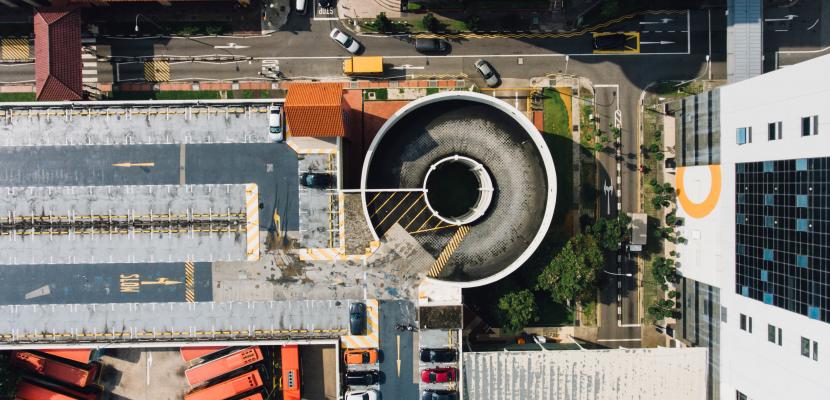Image

Sewer Discharge Control Unit
Published on 14 May 2020

Malta
This is the good practice's implementation level. It can be national, regional or local.
About this good practice
The "Sewer Discharge Control Unit" focuses on the implementation of a national legislation which regulates the discharge of trade effluents into the wastewater network. Prohibited effluents under the legislation include saline water, fats, animal parts, solvents, materials with a high oxygen demand, heavy metals and other toxic compounds. Hence the unit adopts an upstream approach, aimed at eliminating the entry of hazardous substances in the wastewater stream. This will decrease the total amount of pollution at the wastewater treatment plant, which will reduce pressures during the treatment of the wastewater.
The Unit issues wastewater discharge permits to industrial entities and undertakes direct monitoring to assess adherence to the permit conditions. The capacity of this unit is currently being augmented with the development of automated monitoring points along the wastewater network which will facilitate the upstream detection of pollutants hence ensuring a more effective regulation of the sector.
The Unit issues wastewater discharge permits to industrial entities and undertakes direct monitoring to assess adherence to the permit conditions. The capacity of this unit is currently being augmented with the development of automated monitoring points along the wastewater network which will facilitate the upstream detection of pollutants hence ensuring a more effective regulation of the sector.
Expert opinion
This is a good example of a solution which is regulatory and technical at the same time. The solution is relevant to the topic of reused water as the water discharge into sewers has an impact on the process and quality of treated water. The new regulation would lead to a better control on the points of discharge of highly polluted and toxic waters into the sewage system. The new approach is highly dependent on the capacity of the inspection system and the testing equipment. The approach could be of interest to regions who are able to set discharge limit values and permits. It could also be of interest to countries which need to control better industries discharging toxic waters.
Resources needed
The annual operational costs of the Sewer Discharge Unit amounts to €700,000 which includes costs for field equipment, personnel costs, laboratory analysis and consumables. Investments for upgrading the Unit where made through the Cohesion funds and LIFE funds.
Evidence of success
A more controlled disposal regarding trade-effluent, as entities must be in the possession of a discharge permit, in order to discard water material. Amount of entities with the possession of this has increased. The quality of sewage received in the waste-water treatment plants has also been improved, which resulted in a more efficient way of treating sewage. As certain material is now prohibited from being disposed of in the sewage.
Potential for learning or transfer
Experiences and information obtained from both the Discharge control unit, and from the legislation surrounding this practice, can be transferred to other EU countries. As this practice is focused on implementing the law that focuses on the quality of discharge to the sewage, it can aid countries where enforcement is needed on discharging entities.
Countries with the intention on the implementation of water reuse can learn from this practice as the quality of the sewage entering the treatment plant is an important factor which will have an effect on the treatment and polishing system. An effective system will result in better addressing climate change impacts due to less energy required and more water being polished.
Countries with the intention on the implementation of water reuse can learn from this practice as the quality of the sewage entering the treatment plant is an important factor which will have an effect on the treatment and polishing system. An effective system will result in better addressing climate change impacts due to less energy required and more water being polished.
Further information
Website
Good practice owner
You can contact the good practice owner below for more detailed information.
Organisation
Water Services Corporation - Discharge Permit Unit

Malta
Malta
Contact
Officer